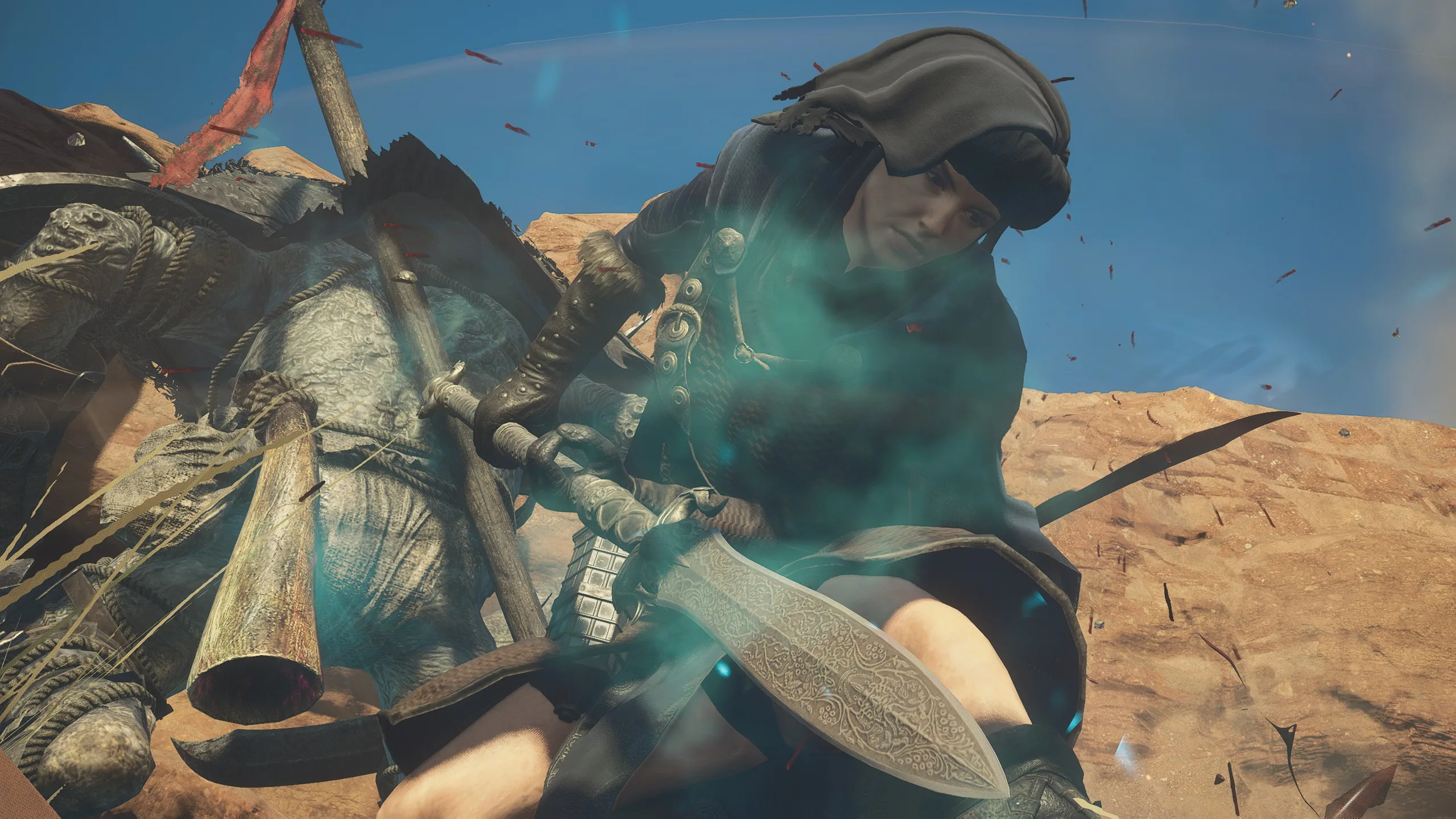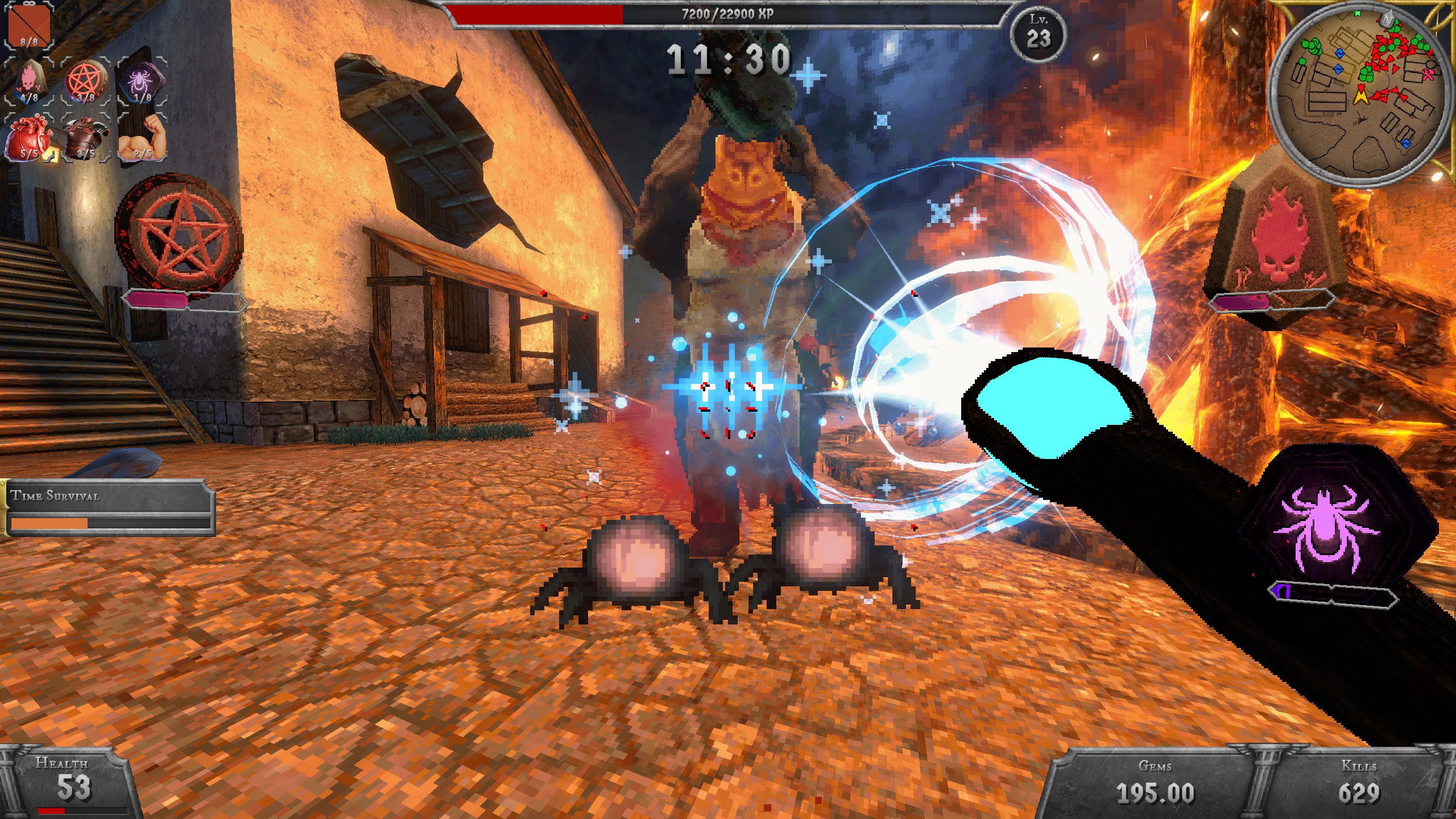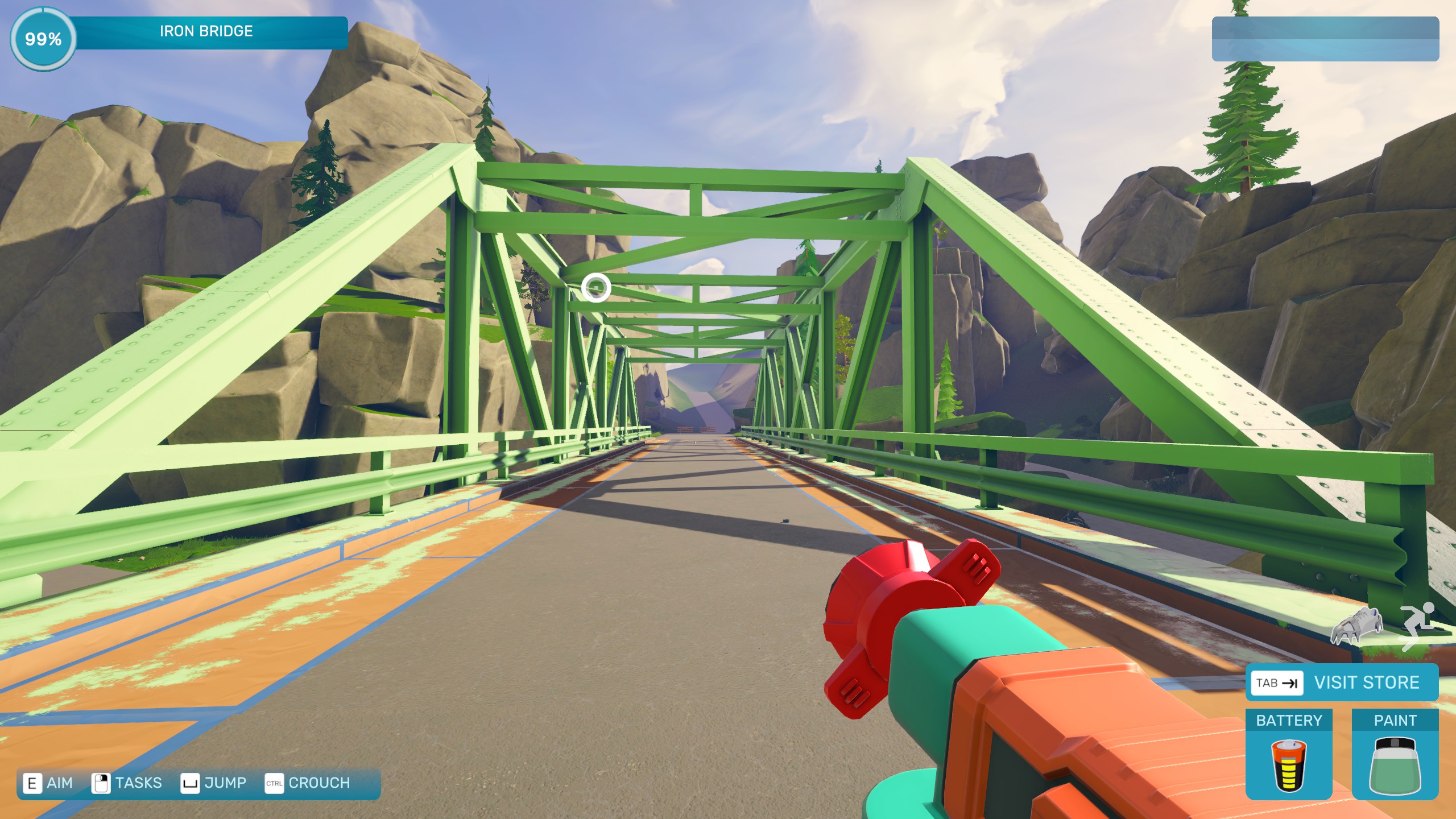I remember being fairly surprised when Dragon’s Dogma 2 was finally announced. I loved the original game despite how janky it was in spots, but didn’t think Capcom would ever make an actual sequel after Dragon’s Dogma Online shut down. The latest series entry is here and, while I was worried about how the modern state of AAA gaming would infect the game’s design, the great news is that it hasn’t. Series director Hideaki Itsuno and his team have made a larger, prettier game that is extremely faithful to the world and mechanics of the first one. There’s still some jank here and there, but this is another supremely addictive title that scratches an itch few games attempt to.
To call Dragon’s Dogma 2 gripping is a bit of an understatement. Just like its predecessor, I turn the game on and often just explore for hours. There’s once again a very distinct focus on actually walking everywhere and walking back that actually feels like a journey. You can fast travel of course, but the items used for this are pricey. This does become less of a problem as the game progresses, however. You can also travel by cart, which allows you to go to sleep to pass the time. But the cart can get attacked, requiring you to fight before it moves again. Unless it gets smashed by a huge monster, that is.
Colossal monsters unexpectedly showing up can really change the way your journey goes, as can underestimating your enemies and Dragon’s Dogma 2‘s game systems. I took a dangerous route when initially heading to a major city, only to find myself at death’s door. I made it to a campfire (the only way to heal burned health, which gets chipped away at little by little as you take damage) and thought I was safe. That’s until a harpy grabbed my main pawn who was holding my camping kit and dropped them into the water, killing them instantly. I then had to find a rift stone to resurrect my main pawn.
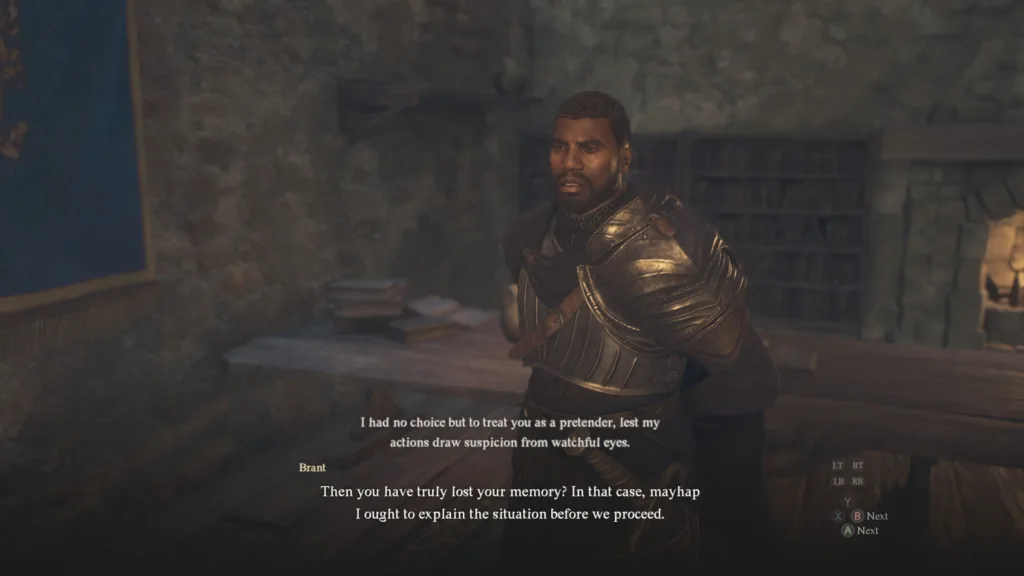
Rift apart
This is all complicated by the game’s unique (albeit questionable) saving system. You have a single normal save slot that autosaves routinely while also allowing you to save manually. But sleeping in an actual bed saves to another slot. Since you can get autosaved into an impossible situation, this is a good backup, unless you accidentally select your inn save and lose hours of progress. It’s not very friendly, but it does make everything you do feel more consequential. Also, whenever you die and reload a save, you’ll find more and more health burned off, aggravating me greatly. I really wish this wasn’t included, but oh well.
The world is large and enjoyable to explore, even if things can get unremarkable and samey due to there not being all that much truly unique, important stuff to see. This is one of those games where navigating the world itself is part of the challenge. Your main character, the Arisen, isn’t super fast. They move like a normal person and have to carefully climb things while managing their stamina. You can slip and fall off a cliff and die horribly. Of course, you can use wakestones to revive yourself, so it’s a good idea to have one or two of those on-hand at any given time.
There are a lot of systems at play here, solidifying just how much of a purely unique series this is. It does things its own way and, even though I might take umbrage with this on occasion, I still respect the hell out of it. There’s nothing out there quite like it. However, it’s also surprising how certain immersive aspects fall to the wayside. You can just steal absolutely whatever you want without consequences, for instance. Want to murder a major NPC? Go for it, but don’t expect real-world logic to come into play. There just feels like there’s a disconnect between the player and the world that seems conspicuous considering just how hard the game works to immerse you and create believable travel.
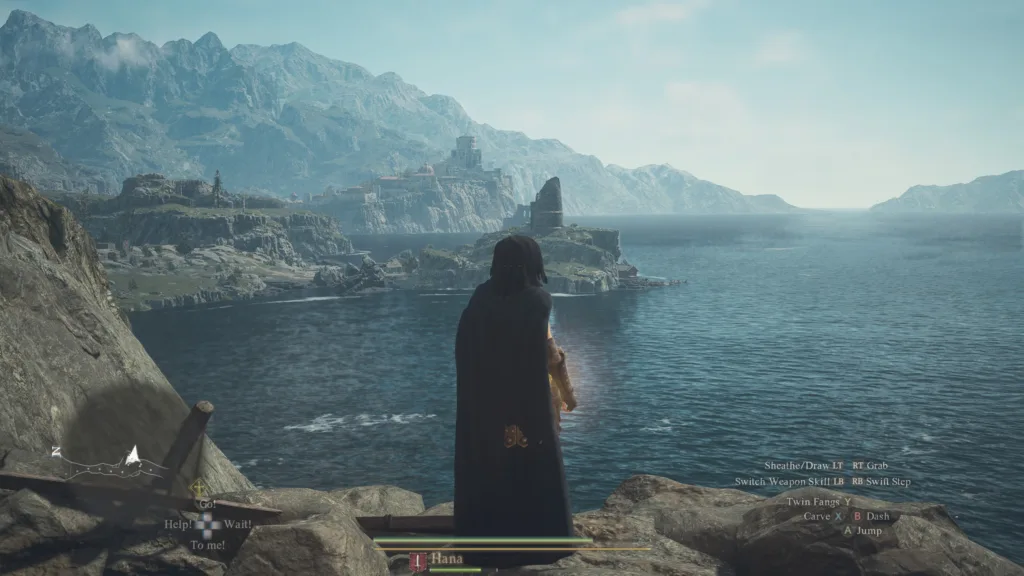
Why no bowdagger class?
One of my favourite aspects of the original game is that daggers and bows went together. If you mained daggers, you had a shortbow alongside. If you mained the longbow, daggers were your backup. Here, daggers and bows are separate vocations (although the game’s final vocation just pretty much lets you use whatever you want, but it’s still not the same.) Granted, daggers are still fun on their own. Plus there’s a new spellsword class called Mystic Spearhand that lets you slow enemies down, teleport to them, and then use a critical hit that makes me feel like an anime character. It’s honestly incredibly awesome.
The combat feels good, albeit still kind of janky. You’re backed up by your main pawn that you create and two others you can summon from rifts or meet in the world. This continues to be one of the most interesting aspects of a game, as they make the experience so variable. Once again, they retain information that they’ve seen previously, so they can lead you to objectives or treasures, or use their knowledge to aid in discerning monster weaknesses. Also, they still talk to each other all the time. There’s nothing else like it and it makes Dragon’s Dogma 2 feel all the more special due to it.
Using vocations levels them up, which unlocks new abilities for purchase. Plus it unlocks augments (such as improving strength or stamina in certain circumstances) that can be used for any vocation as long as the augment has been purchased for another. This is a great reason to try out and level everything. It’s just a really fantastic system, even if I wish there were even more bonuses. There’s a remarkable variety to the different playstyles that really make a significant difference. Only being able to switch in larger towns really forces you to commit to your decisions, much like most other in-game features.
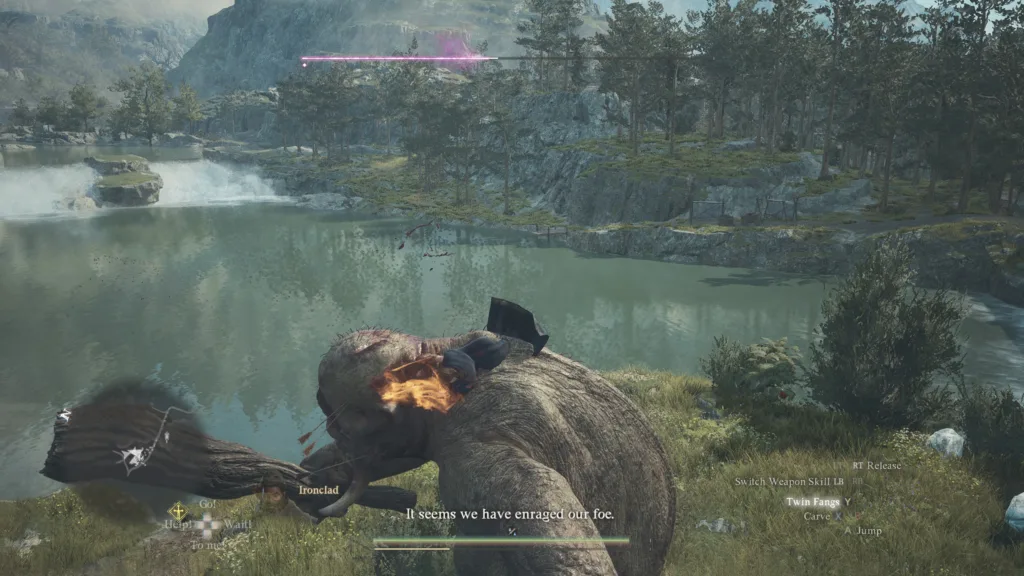
Are you trying to rattle me?
Of course, then there’s negatives. Some of the decisions here are weird to me. Following suit of the original, some quests are missable even if the game doesn’t give you any indication they exist. One major sidequest requires you to return to an early-game village to start it. But there’s not really any obvious reason to come back here. If you return too late, you miss it for that playthrough.
An NPC tied to this quest is the one who gives you the Mystic Spearhand vocation. If you miss the quest, you just talk to him in another location and he gives it to you randomly with no indication as to why, as if someone realized that they’d messed up and slapped a bandage on it.
One quest has a bug where your pawns just stand around while half a dozen guards beat you to death. I’ve also had the game autosave when I was in the middle of combat and one more hit was enough to kill me. How aggravating. Dragon’s Dogma 2‘s PC performance is also famously not great. I do often get around 60 fps out it in the world with a 3090 and 5070x, but towns are always in the 30s. Regardless, there’s plenty of stuttering. This is strange to me due to how amazingly every other RE Engine game I’ve played (which is all of them, mind you) ran, but I suppose having such a big world proved tougher than expected. There were also times where it took way too long to bring the menu up.
There are few games that I just find myself getting glued to and Dragon’s Dogma 2 is one of them. Some of the creases could use some ironing out and the performance issues are vexing, but even now I just really want to play it more. I’m sure it’ll have a big expansion just like the first game, but please go easy on us this time, Capcom. No more giant Bitterblack Island difficulty spikes please.
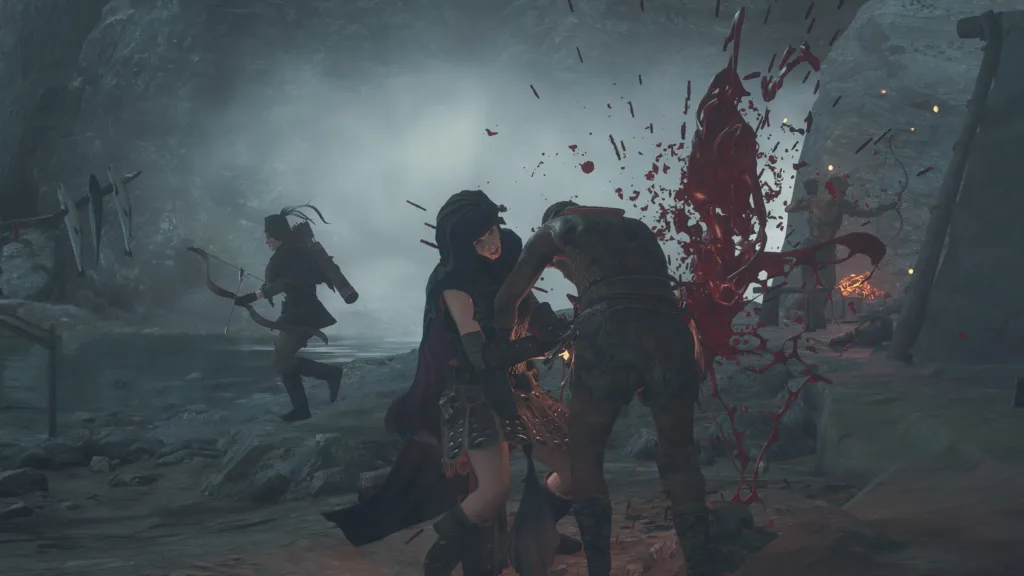
Dragon's Dogma 2: Boldly unique and stuffed to the gills with emergent gameplay, Dragon's Dogma 2 is another terrific entry in the action RPG series. – Andrew Farrell
Check out more Dragon’s Dogma 2 content:

